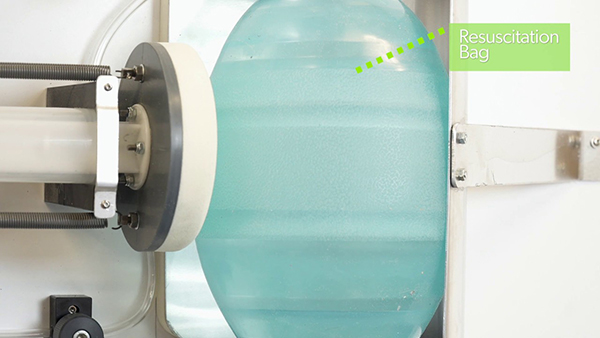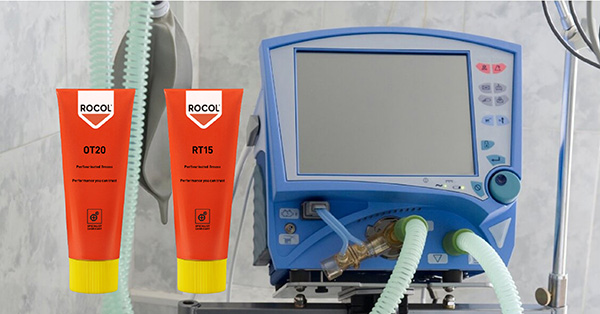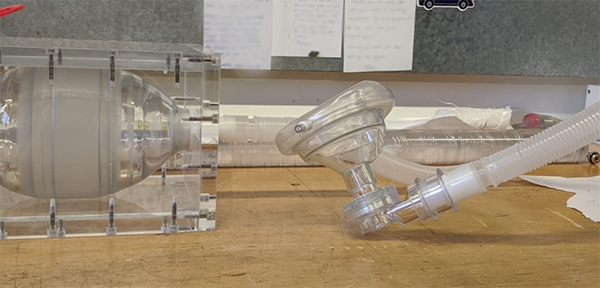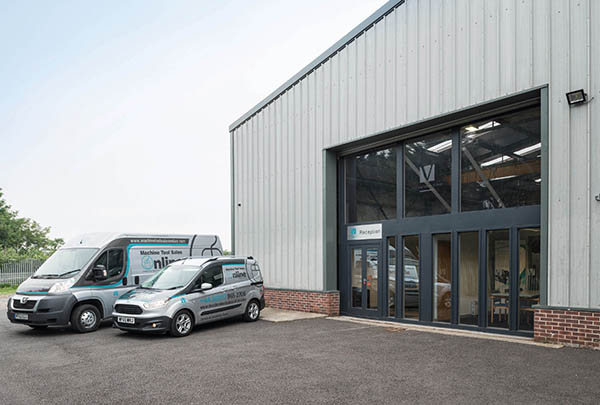Worcester-based Gtech is making public the design details of a medical ventilator which could be manufactured in a matter of days to help in the fight against COVID-19. Nick Grey, owner of Gtech began working on the project after being contacted by Gareth Rhys Williams, the Government’s chief commercial officer, who asked if Gtech could assist in making up to 30,000 medical ventilators in as little as two weeks.

“We have designed the ventilator entirely from parts that can readily be made from stock materials or bought off-the-shelf,” says Grey. “This means that if government approves and wants our ventilators, they can be made by almost any engineering and manufacturing company. Gtech could produce around 100 per day within a week or two providing we could find steel fabrication and CNC machining companies to help us make some of the parts.”
For further information www.gtech.co.uk






















